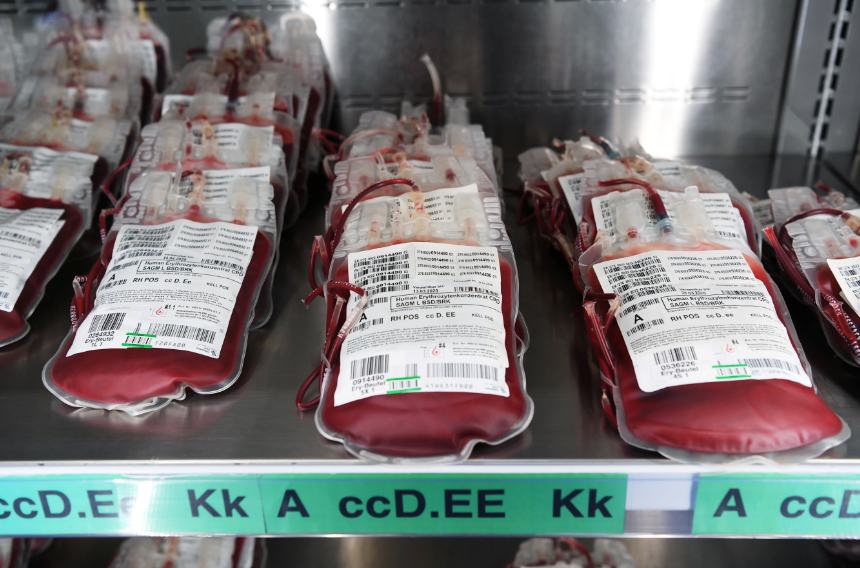
The new study conducted by researchers in Shanghai, China hopes to determine whether some of the recovered COVID-19 patients have a higher risk of reinfection after results show that they have shockingly low levels of coronavirus antibodies from several people discharged from the hospital.
Low Antibody Levels
Blood samples of 175 patients discharged from the Shanghai Public Health Clinical Centre were analyzed by a team from Fudan University. They found out that nearly one-third had surprisingly low levels of antibodies. In some patients, these antibodies could not be detected at all.
Whether these patients were at high risk of reinfection, it should be explored further in other studies, said the team who published their research on Monday on Medrxiv.org which is an online platform for preprint papers.
The study was the world's first systematic examination of antibody levels in successfully recovered patients from COVID-19- the disease caused by severe acute respiratory syndrome 2 virus (Sars-CoV-2)- although the study was preliminary and not yet peer-reviewed, according to the researchers.
All of those patients have suffered from mild symptoms of the disease and already have recovered but only have low levels of antibody levels was found to be young. Patients who were admitted to intensive care units were excluded from the study because many of them have already received antibodies from blood donated plasma.
Read : This Drug Is Voted As the Most Effective Coronavirus Cure Possible By 6,000 Doctors Worldwide

Antibodies are developed by the immune system once a pathogen goes inside the body. These antibodies have unique chemical structures to stop specific pathogens. Coronavirus antibodies stop the spike protein on the viral envelope to prevent it from binding with the cells of humans.
The researchers found that the antibody "titer" value in about one-third of the participants was less than 500 which is a level that may be too low to provide protection and prevent reinfection.
According to the researchers, "about 30 percent of patients failed to develop high titers of neutralizing antibodies after COVID-19 infection. However, the disease duration of these patients compared to others was similar."
But on the other hand, the team also found that among people in the 60-85 age group, antibody levels rose with age displaying more than three times the amount of antibodies compared to people in the 15-39 age group.
Herd Immunity
The herd immunity or the resistance to the infection among the general public to stop its spread could be affected by low amounts of antibodies.
The leader of the team, Professor Huang Jinghe said that their clinical observation was made at the front line. It requires more data from other parts of the world to know what this means to herd immunity.
10 of the patients in the study have so low antibody levels that it could not be detected in the lab, said Huang. These patients have the typical coronavirus symptom but it might have beaten back the coronavirus T-cells or cytokines which are other parts of the immune system.
Huang said that vaccine developers may need to pay attention to these types of patients because the weakened version of the vaccine might not work in these types of patients if even the real virus could not induce an antibody response.
Read also: Breakthrough: Coronavirus Victims' Blood Help Patients Come Off Ventilator In Just Two Days!
For more updates, like the Science Times page on Facebook or Sign up for our newsletter.
© 2026 ScienceTimes.com All rights reserved. Do not reproduce without permission. The window to the world of Science Times.












